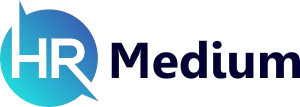Government agencies face unique workforce management challenges, from compliance with strict regulations to handling large volumes of employee data.
To optimize operations, many agencies are adopting Human Resource Management Systems (HRMS)—a technology-driven solution that streamlines HR functions, improves efficiency, and ensures seamless workforce management.
How does an HRMS provide efficiency boosts to a governmental agency?
Also Read: Customized HRMS vs. Out-of-the-Box System: Best Fit for Your Firm
Discover the role of an HRMS and the added benefits it brings to government agencies.
By understanding the importance of HRMS for modern government agencies, they can streamline operations and optimize government spending.
Why Government Agencies Need HRMS
Traditional HR processes can be time-consuming and prone to errors. Managing payroll, benefits, attendance, and performance evaluations manually creates inefficiencies and increases compliance risks.
Government agencies must ensure transparency, accuracy, and efficiency, making HRMS a critical tool in modern governance.
Key Advantages of HRMS
There are many benefits a governmental agency can gain by integrating HRMS into their processes.
Automated Payroll & Compliance Management
HRMS automates payroll processes, tax deductions, and benefits administration, ensuring government agencies comply with labor laws and tax regulations.
Efficient Recruitment & Onboarding
Hiring for government agencies often involves multiple steps, including background checks and credential verifications. An HRMS streamlines the recruitment process, reducing hiring time and improving candidate experience.
Enhanced Employee Performance Tracking
HRMS provides real-time performance analytics, helping government agencies track employee productivity, set clear KPIs, and offer timely feedback.
Time & Attendance Management
With biometric integration and cloud-based time tracking, HRMS ensures accurate attendance management for government agencies, reducing absenteeism and payroll discrepancies.
Centralized Data Management
Government agencies handle vast amounts of employee data. HRMS offers a secure and centralized platform for storing, retrieving, and managing records, reducing paperwork and improving accessibility.
Improved Employee Self-Service
HRMS empowers employees by providing self-service portals where they can access payslips, request leaves, update personal details, and track benefits, reducing administrative burdens for government agencies.
Conclusion
HRMS is a game-changer for government agencies, offering automation, compliance, and efficiency. By adopting a reliable HRMS, agencies can focus on their core mission—serving the public—while optimizing workforce management.


